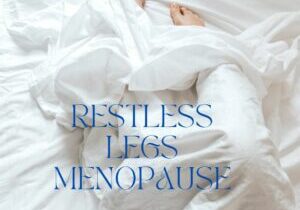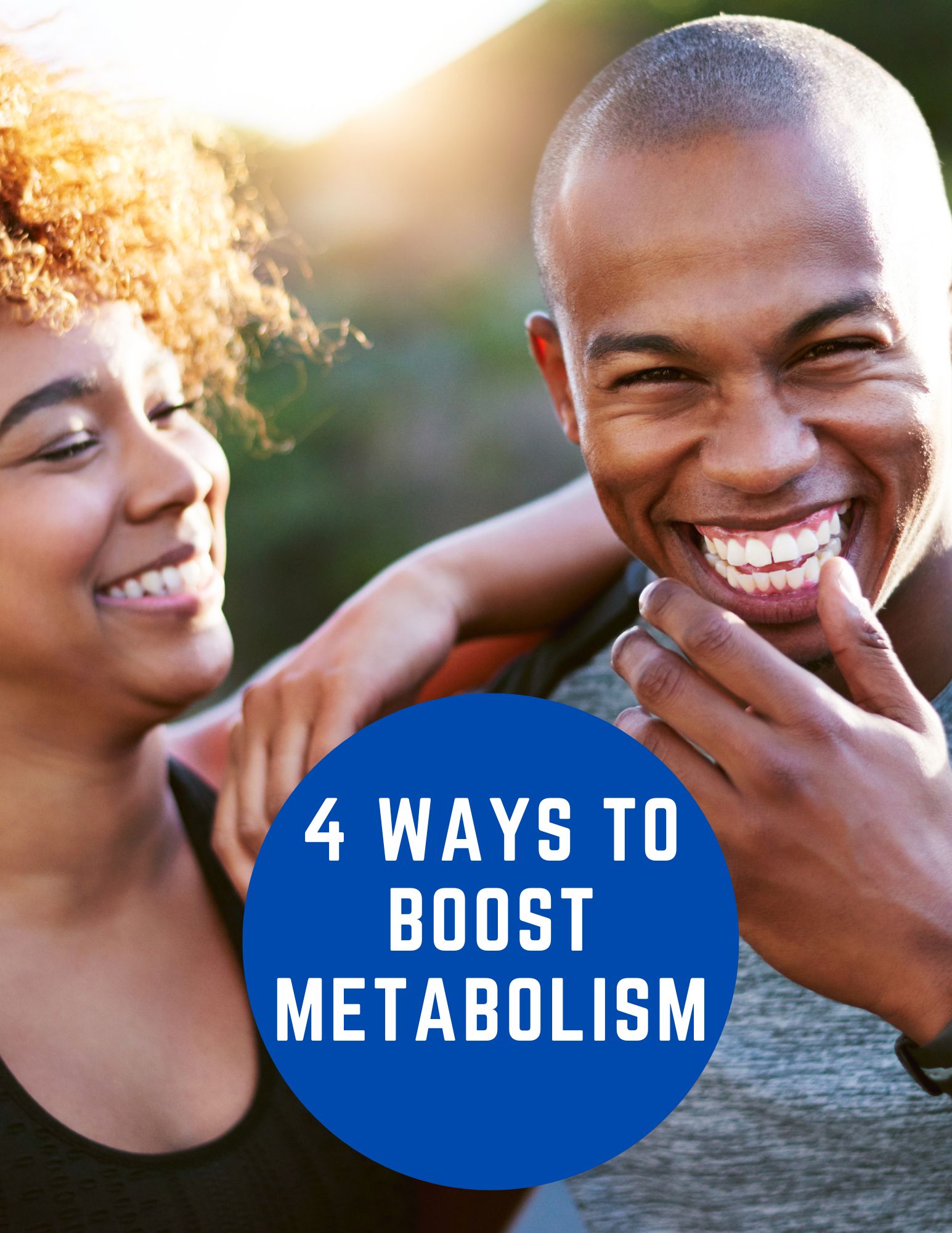Restless Legs Syndrome in Menopause is common. RLS affects millions of people worldwide. It causes uncomfortable sensations in the legs and an irresistible urge to move them, especially during periods of rest. While RLS can affect anyone, women, particularly during menopause, are at a higher risk. In this blog post, we’ll explore the connection between RLS and menopause, symptoms to watch for, and practical management tips.
What is Restless Legs Syndrome?
RLS is characterized by:
- Uncomfortable Sensations: Often described as tingling, crawling, or aching, these sensations typically occur when resting.
- Irresistible Urge to Move: To alleviate these sensations, individuals often find temporary relief by moving their legs or walking.
- Worsening Symptoms at Night: Symptoms are usually more pronounced in the evening and can severely impact sleep quality.
The Impact of Menopause on RLS
Menopause is a significant life transition for women, marked by hormonal changes that can trigger various symptoms, including hot flashes, mood swings, and sleep disturbances. These hormonal fluctuations, particularly the decline in estrogen, can also contribute to the onset or worsening of RLS.
Hormonal Changes
Estrogen plays a crucial role in regulating neurotransmitters in the brain that affect movement and sleep. During menopause, the drop in estrogen levels can lead to imbalances that may trigger or exacerbate RLS symptoms.
Sleep Disturbances
Many women experience sleep issues during menopause, such as insomnia or disrupted sleep patterns. These disturbances can aggravate RLS symptoms, creating a vicious cycle affecting overall well-being.
Symptoms of RLS to Watch For
If you’re experiencing any of the following symptoms, it may be time to consult a healthcare professional:
- An overwhelming urge to move your legs, often accompanied by uncomfortable sensations.
- Symptoms that occur during periods of inactivity or rest, especially in the evening or at night.
- Difficulty falling asleep or staying asleep due to leg discomfort.
- Temporary relief of symptoms through movement.
Managing RLS During Menopause
While RLS can be challenging, there are several strategies to help manage symptoms effectively:
1. Lifestyle Changes
- Regular Exercise: Engaging in regular physical activity can improve overall circulation and reduce RLS symptoms. Aim for moderate exercise like walking, swimming, or yoga.
- Sleep Hygiene: Establishing a consistent sleep routine and creating a comfortable sleep environment can promote better sleep quality.
2. Dietary Adjustments
- Iron and Folate: Low levels of iron and folate have been linked to RLS. Incorporate foods rich in these nutrients, such as leafy greens, beans, and lean meats. If you are iron deficient, you can consider an IV iron infusion.
- Limit Stimulants: Reducing caffeine and nicotine intake can help minimize RLS symptoms, especially in the evening.
3. Hydration
Staying well-hydrated can alleviate symptoms. Aim for a balanced intake of fluids throughout the day.
4. Consulting a Healthcare Provider
If RLS symptoms are persistent or severe, seeking medical advice is crucial. We are happy to see you and can recommend appropriate treatments, which may include medications or supplements to help manage symptoms.
When to Seek Help
If RLS symptoms disrupt your daily life or significantly affect your sleep quality, don’t hesitate to reach out. They can help you explore potential underlying causes and develop an effective management plan.
Conclusion
Restless Legs Syndrome is a common yet often overlooked condition, particularly in women undergoing menopause. Understanding the connection between hormonal changes and RLS can empower you to take proactive steps toward managing your symptoms. You can navigate this challenging phase with greater ease and comfort by implementing lifestyle changes, seeking medical advice, and prioritizing your overall health.
If you found this information helpful, don’t forget to share it with friends or family who might be experiencing similar issues! For more tips and resources on health and wellness during menopause, subscribe to our newsletter and check out our other blog posts!



